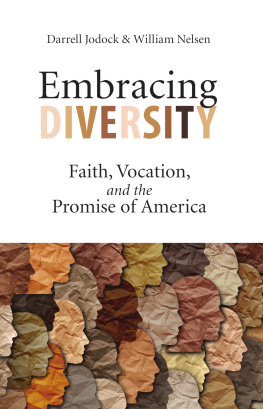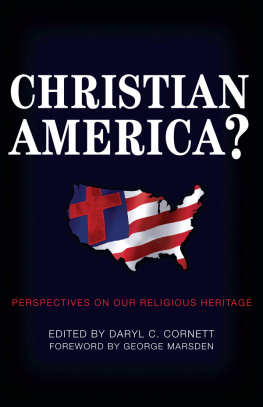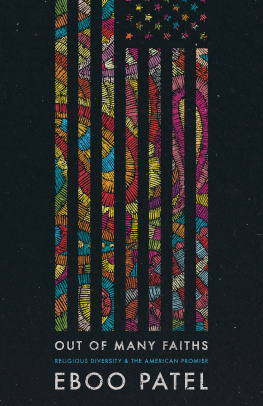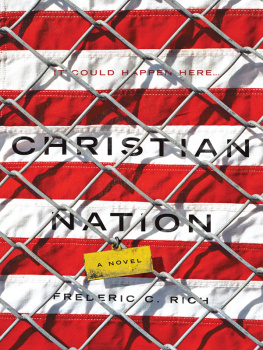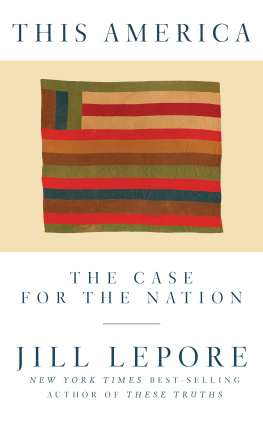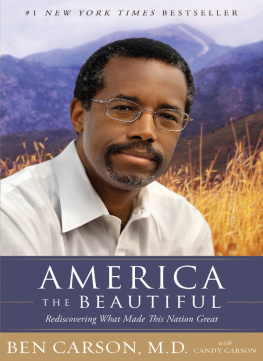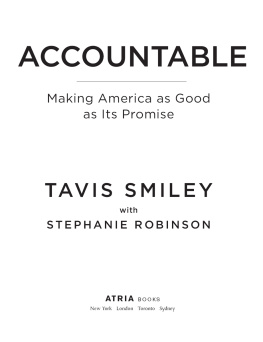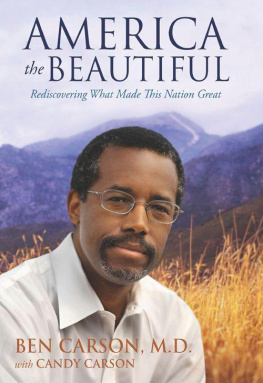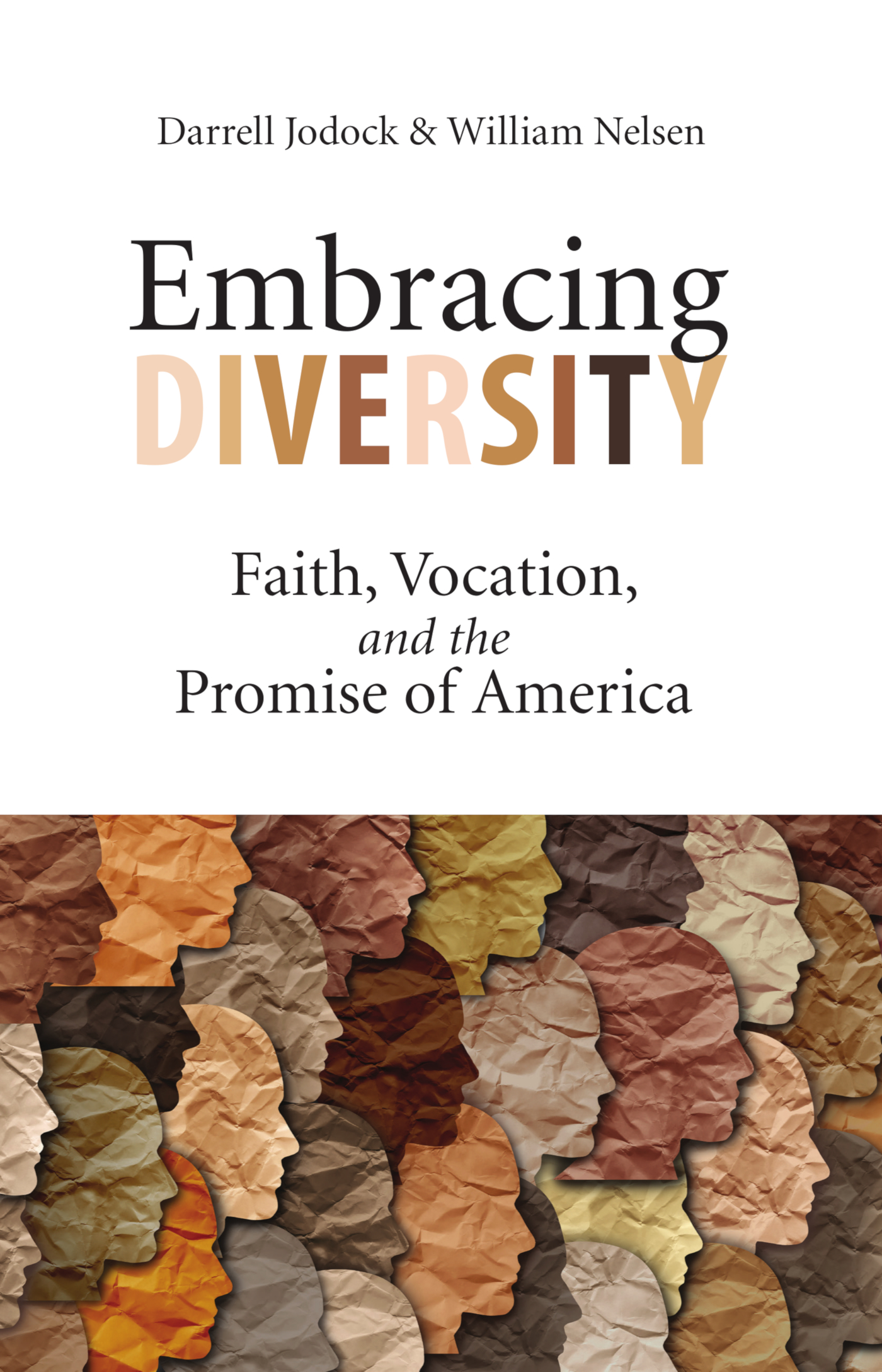
Praise for Embracing Diversity
What a gift and a challenge this book is. I have been challenged and blessed to walk with these pastors and teachers as their bishop. Now you can experience their vision that we as Christians and as Americans might live with joy a life in which we engage the work of racial reconciliation and the joy of living in relationship with people of many faiths and cultures. They will broaden and deepen your imagination and action as you embrace your vocation to love your neighbors with no exception.
Jon Anderson, former bishop, Southwestern Minnesota Synod, ELCA
It is indeed time to embrace, not fear, the growing racial and religious diversity in America. This timely, challenging, and well-written book calls all of us to take seriously the gospel message to love our neighbors, without exception. The authors, deeply experienced in both interracial and interreligious dialogue and actions, provide excellent guidance for congregations and communities to mobilize to help America fulfill its promises of equity, opportunity, and justice.
Serene Jones, President, Union Theological Seminary
This book will inspire you to welcome the racial and religious diversity of twenty-first-century America. Moreover, it will provide you with the frameworks and skills necessary to help our nation become a thriving pluralistic democracythe first ever in human history.
Eboo Patel, founder, Interfaith Youth Core
A clarion call to Christians to fight racism, to stand with our sisters and brothers of other faiths, to love the diversity that makes up our nation, and to take action before those who would do harm to the United States can succeed in destroying our country. This is an urgent message in a moment of crisis.
Jim Winkler, president and general secretary, National Council of Churches
Embracing Diversity
Embracing Diversity
Faith, Vocation, and the Promise of America
Darrell Jodock
and
William Nelsen
Fortress Press
Minneapolis
EMBRACING DIVERSITY
Faith, Vocation, and the Promise of America
Copyright 2021 Fortress Press, an imprint of 1517 Media. All rights reserved. Except for brief quotations in critical articles or reviews, no part of this book may be reproduced in any manner without prior written permission from the publisher. Email or write to Permissions, Fortress Press, PO Box 1209, Minneapolis, MN 55440-1209.
Scripture quotations are from New Revised Standard Version Bible, copyright 1989 National Council of the Churches of Christ in the United States of America. Used by permission. All rights reserved worldwide.
Cover image: Adobe Stock 2021; Black History by freshidea
Cover design: Alisha Lofgren
Print ISBN: 978-1-5064-7159-4
eBook ISBN: 978-1-5064-7160-0
While the author and 1517 Media have confirmed that all references to website addresses (URLs) were accurate at the time of writing, URLs may have expired or changed since the manuscript was prepared.
Contents
Why this book? It is our call for fellow humans to embrace religious and racial diversity, not to fear it. It is our call for fellow Christians to love our neighbors more boldly and completely, not to limit that love. It is our call for people at all levels of our society, especially in our congregations and local communities, to speak out and take action, not to remain silent and inactive.
We are alarmed at how differently our society treats people of color. The tragic killing of George Floyd by a police officer in our home state of Minnesota and similar events around the nation have highlighted vividly this mistreatment of people of color in our policing and justice systems. The Covid-19 pandemic has made manifest in stark terms the long-standing disparities in the health care systems, housing conditions, educational opportunities, and economic outcomes among communities of color.
We are alarmed by the rise in overtly hostile acts directed at Jews, Muslims, Hindus, Buddhists, Sikhs, and sometimes Christians. These actions threaten to undermine the freedom of religion guaranteed by the Bill of Rights.
Wherein lies our hope for real and lasting change and the embracing of diversity in our country? We are convinced that the Christian message, when understood as a message of Gods unconditional grace and love and a call for humans to pass that grace and love on to others, can help overcome the mistreatment of people in other religions and of other races. And the hope inspired by Gods steadfast love can overcome the fears that feed injustice.
People of faith do not have all the answers and often make mistakes. But we are convinced that people of faith can be the catalyst for change, including the critical changes needed in structures, policies, and personal attitudes.
Why now? Because inaction will tear our society apart. Quick fixes will not work. Stoking fear will only make matters worse. The way forward involves seeking long-term solutions that reach the root of the problems.
Why combine these two topicsthe interreligious and the interracial? In practice, the two intertwine. Muslim immigrants from Africa, for example, face both religious and racial barriers. The voices of white supremacy seek an America that is exclusively white and exclusively Christian. Both institutional racism and religious intolerance are dominant cultural influences.
In some ways, the solutions overlap. To build racial cooperation and improve interreligious relations, all of us need to cross over racial or religious boundaries in order to understand people on the other side. All of us need to treat others with dignity, cooperating with them for the common good, standing up for them in the face of antagonism, and standing with them in times of tragedy. Respect and inclusion are common goals for each endeavor.
That said, these two endeavors diverge in critical ways. Interreligious dialogue seeks ways to cooperate without ignoring the differences between one religion and another. In the experience of many, such engagement yields a deeper understanding and appreciation of ones own religion. Yes, it may affect the way a person interprets that religion, but it does not ask that ones own religion be abandoned.
Interracial understanding differs because it does ask white Americans to abandon elements of their typical outlook. For this to happen, they must listen and learn enough about how people of color are treated in order to begin to see themselves in a new way, as beneficiaries of racial privilege. If this process of gaining understanding and empathy works as it should, then people of color also begin to see themselves in a new wayas valued and trusted.
What can be helpful is to notice the direct parallel between the isolating and polarizing practices in the United States and the socioeconomic-political differences of the biblical world. Jesus associated with shepherds and fishermen, widows, and people without power or influence, and he challenged those political, religious, and economic leaders who ignored or mistreated them. What he was dealing with was structural injustice, not just individuals with problems.
Why these authors? We have sought to address these problems and offer ideas for action because we care deeply about the well-being of our society and about those who are excluded or hurt. We hope our experiences in race relations and interreligious dialogue can help illumine a way forward. We have both lived in different parts of the United States with religiously and racially diverse neighbors and in diverse neighborhoods. We have both spent our lives in higher education and in local parishes and know the power of good teaching. We draw from two relevant specialties: political science and religious studies/theology. We hope our collaboration can offer helpful insights for contemporary Christians and contemporary Americans.
Next page
